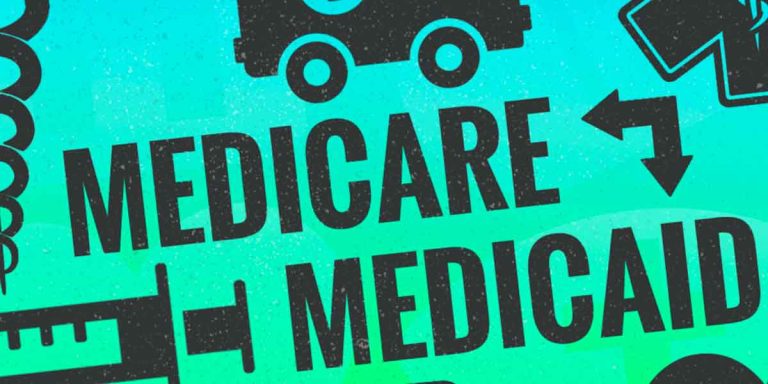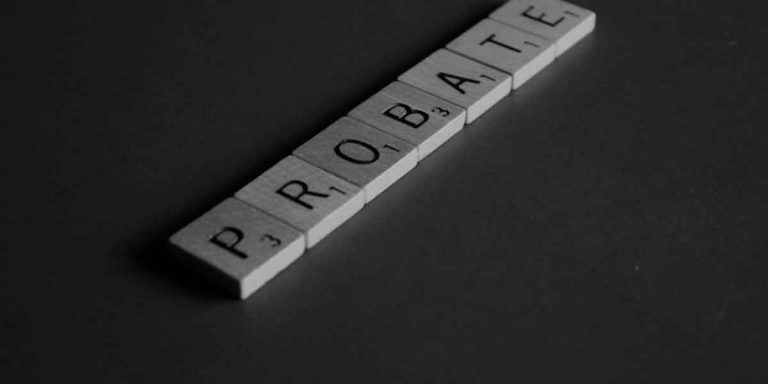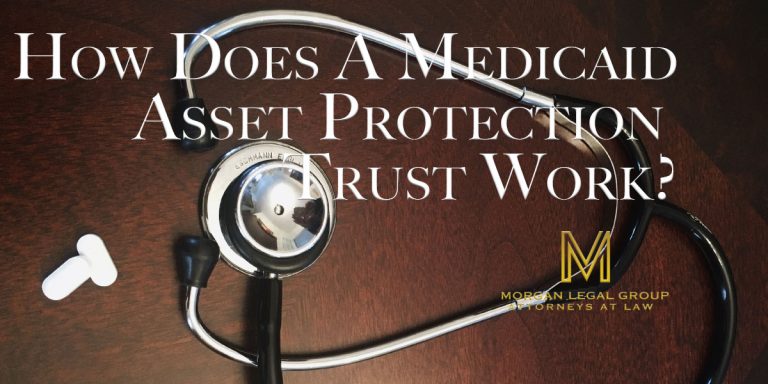When purchasing a home in New York, it’s best to know certain terms to understand the language behind it all. Terms like; trusts, probate, codicil, power of attorney, etc. These definitions will make the process a lot easier and the experience livelier since you won’t be lost in between these unknown specifics, onward to your new future. With a good estate plan, you will get what you want when it comes to your finances, care for your family, and other long term goals. So it’s beneficial to know these words so it feels like you have a grasp on owning all your property, see if anything unusual sticks out on estate deal, and to also boost up a little of your vocabulary!
One term that is important to know about is, codicil, because that has something to do with a will and what you want to change in it. A will is a document that explains what your final wishes are pertaining to property, who the guardian of your children would be and other important ownership after the passing of an individual. The executor is the person chosen and responsible to make these list of wishes happen but sometimes there’s intestacy which are people who don’t even have a will that can make the decision making of ownership complicated. Codicil can also be the addition to the final will and an explanation on why this important document is being modified. For example, you may need to codicil a will because you change your mind about who you want to give your property too after your death. So you would write another will and have two witnesses sign it after the change. After the changes, you keep it together with the original or 1st will as one document. All final decisions will be made in a probate and that’s the process of the will being presented in court for examination. The examination of witnesses written down, particular circumstances, or circumstances of the person who’s writing the will all together is further studied. In the end, the court makes the decision to see if the document is valid after these professional observations.
Sometimes there’s another document that asks for certain treatment when taken to the hospital and/or in critical condition. This is the Advanced Healthcare Directive, which is the document that tells the healthcare providers certain treatment a person needs to be kept alive. This is made in case the person proposing this is unable to make decisions for him or herself if again, in critical condition. So this is something written all before it happens in preparation and is best to prevent other people making the decisions for you.
To make things more specific or even careful in estate planning, you can always get trusts for your assets. Trusts is another legal document that shows ways you want to distribute your goods towards your family. There’s the trustor, trustee, the beneficiaries or just a beneficiary, and the grantor, who approves theses trusts. The trustor is the person that makes the trust for the assets he or she is holding. The trustee is the person that holds responsibility of the trustor’s belongings all for taking care of the beneficiaries after death. The beneficiaries are people or even an organization that will benefit from your plan.
These are important when it comes to estate planning because if you haven’t listed anyone to get your benefits then there will be a possible court case on who will. If married, there’s joint tenancy that can describe you as the co-owner of the property but if one person dies, then the other gets full ownership of their property. Then there’s guardianship. This is when a someone makes the decision to be the one who takes care of the person who’s unable to make decisions for themselves and all decisions made in court. All to take care of the person’s medical and financial situations to ensure a stable lifestyle. Finally, there’s always using the power of attorney. If you’re confused about a case or injured in some way where you’re unable to make decisions, the power of attorney is the lawyer to help.
These are all common terms used when it comes to discussing your estate plan anywhere you are. This is all to understand the language behind with knowing what to do with all the important things you own and to plan on how your family is protected from any kind of friction after a death. Estate planning keeps the whole family away from all the difficulties on yourself or everyone involved on your behalf. Knowing these words would make the process easier and know what to suggest with what you want. This is to plan the best future for you and your families so you can keep things more stabile.

























